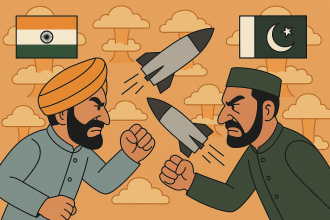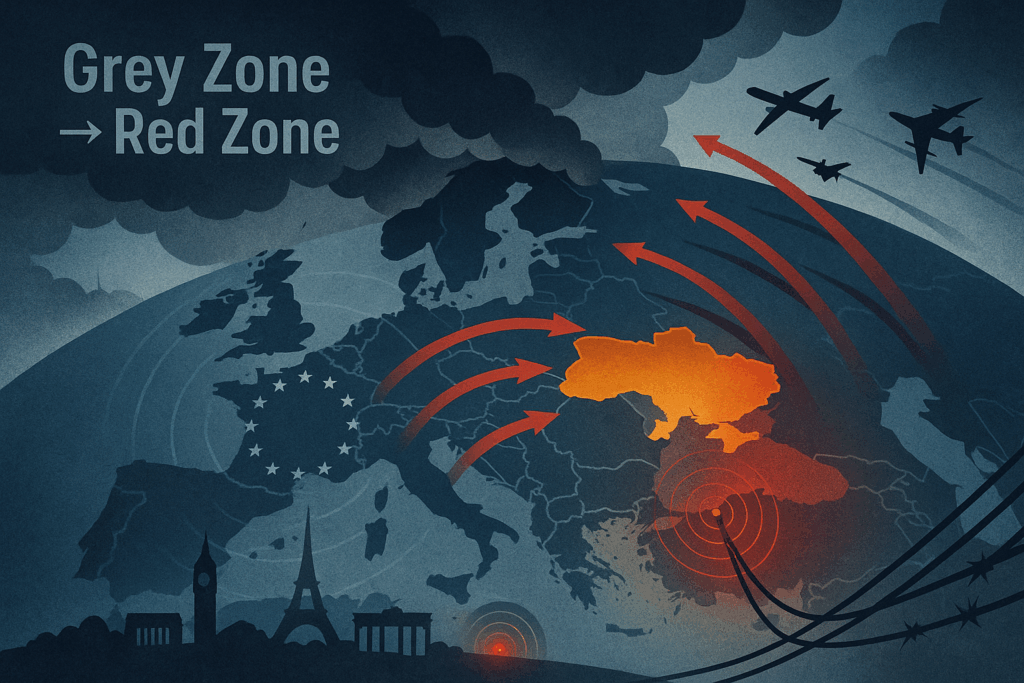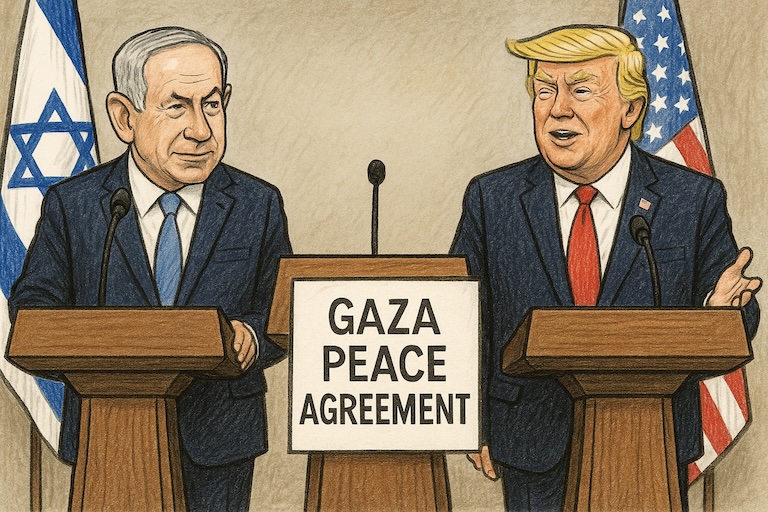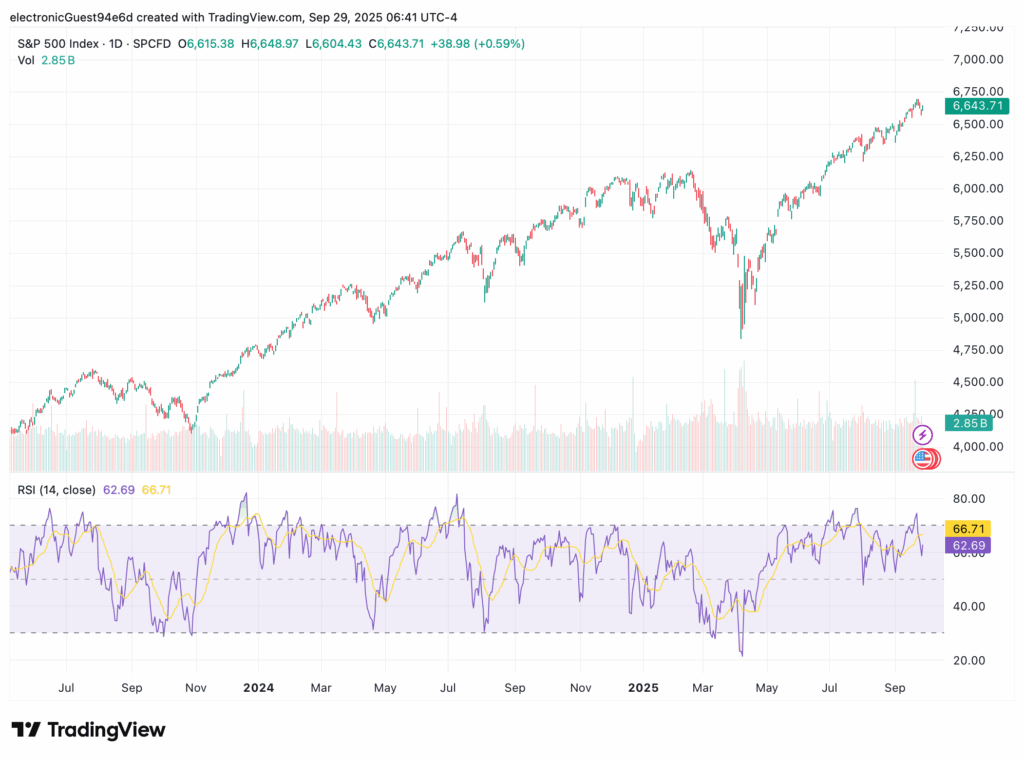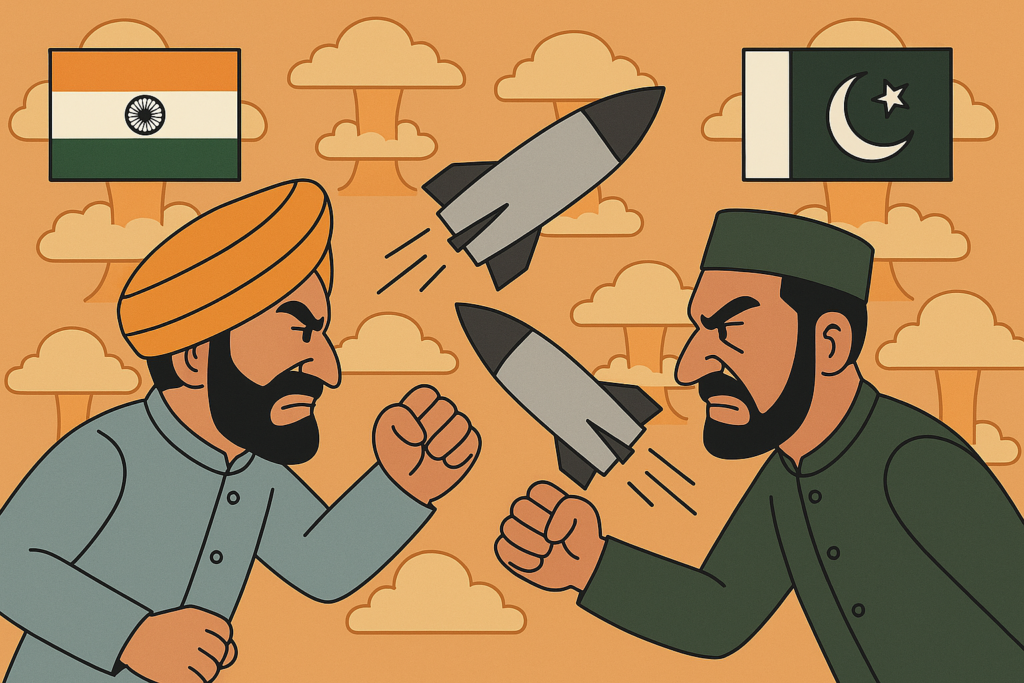“Pakistan and India are like divorced parents who cannot stop arguing, even when the house is on fire.”
— Salman Rushdie
Speevr Intelligence
The Speevr Intelligence daily updates provide in-depth alternative perspectives on key themes and narratives driving financial markets. Our unique collection brings Speevr's exclusive content together with partners' research and analysis.

